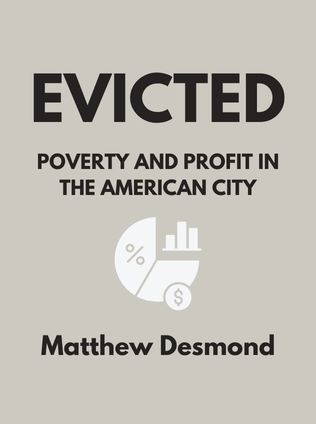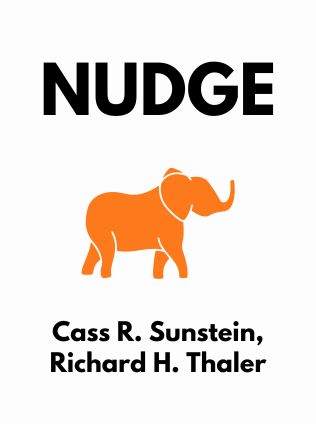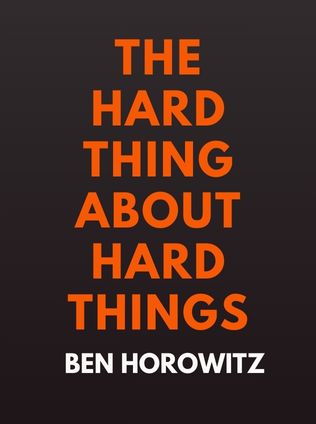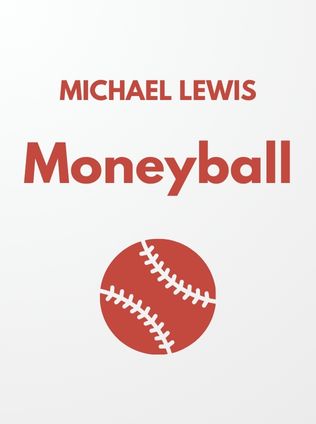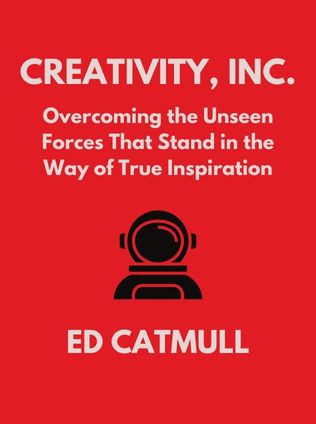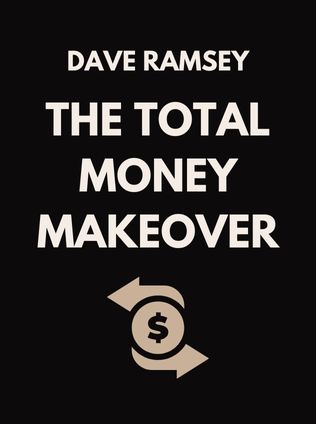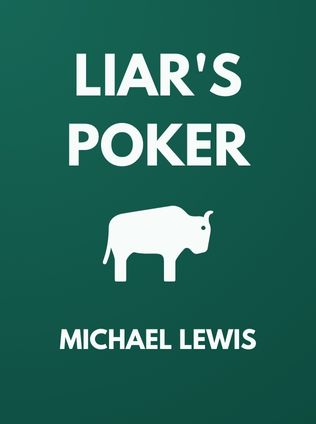
About the Author
Michael Lewis is a name that resonates profoundly in the world of finance and journalism. A best-selling author and a former bond salesman, Lewis has a unique ability to distill the complexities of Wall Street into compelling narratives that resonate with both financial professionals and the general public. Before venturing into writing, Lewis worked at Salomon Brothers, a premier Wall Street investment bank during the 1980s. His firsthand experience in this high-stakes environment served as the foundation for many of his books, including Liar’s Poker, which offers an insider’s look into the chaotic and often unscrupulous world of bond trading.
Lewis's ability to convey the human aspects of financial markets has made him a prolific writer, with titles like The Big Short, Moneyball, and Flash Boys further cementing his reputation. His writing is characterized by a deep understanding of the financial systems, a sharp wit, and an ability to translate the jargon-laden world of finance into narratives that are both engaging and informative. By chronicling the rise and fall of financial giants, Lewis not only tells the stories of individuals but also captures the broader systemic issues that continue to shape global economies.
Main Idea
Liar’s Poker is a gripping exposé of the culture that dominated Wall Street in the 1980s, a time when financial markets were undergoing rapid transformation. The book focuses on the rise and fall of Salomon Brothers, once the most profitable investment bank in the world, and how its traders, driven by greed and the pursuit of wealth, exploited the financial markets to enrich themselves. Lewis paints a vivid picture of the toxic culture of excess, risk-taking, and machismo that pervaded Salomon Brothers, ultimately leading to its downfall.
The book also explores the broader implications of the behavior of Wall Street traders, suggesting that much of the financial market is driven by fear, greed, and a lack of ethics. Through his narrative, Lewis raises important questions about the morality of the financial industry and the impact that unchecked greed can have on the economy and society at large. This story is not just a historical recount; it serves as a powerful reminder of the cyclical nature of greed-driven market behavior and the devastating effects it can have when left unchecked.
Table of Contents
- Introduction: The Rise of Salomon Brothers
- The Financial Revolution of the 1980s
- The Bond Market Boom
- The Culture of Excess and Machismo
- Michael Lewis’s Journey in Wall Street
- The Decline of Salomon Brothers
- The Legacy of Liar’s Poker
The Financial Revolution of the 1980s
The 1980s were a transformative period for the financial markets, characterized by deregulation, innovation, and a shift in the way that bonds were traded. The Glass-Steagall Act of 1934 had long kept commercial banking and investment banking separate, but as banks began pushing for deregulation in the 1980s, the landscape of finance started to change rapidly. This deregulation allowed banks to engage in a broader range of financial activities, leading to the creation of new financial products that would reshape the markets.
This era saw the birth of new financial products and a boom in the bond market, particularly in mortgage-backed securities. These securities, initially seen as low-risk investments, became the hot new commodity on Wall Street. Salomon Brothers, under the leadership of John Gutfreund, positioned itself as a dominant player in this market, exploiting the newfound volatility in interest rates to generate massive profits.
Lewis describes how the deregulation of the financial industry led to a "Wild West" environment on Wall Street, where traditional rules and norms were discarded in favor of aggressive and often reckless behavior. This new environment was fertile ground for innovation but also for the kind of speculative excess that would eventually lead to crises.
"The bond market, once a sleepy backwater, became the engine of Wall Street’s profits." - Michael Lewis
The Federal Reserve's decision in 1979 to allow interest rates to fluctuate was a pivotal moment in this revolution. Interest rates, which had been relatively stable, became volatile, leading to significant changes in the bond market. Bonds, traditionally seen as safe and boring investments, suddenly became highly speculative assets. Salomon Brothers capitalized on this volatility by aggressively trading bonds and creating new financial products that took advantage of the changing landscape.
During this period, the bond market grew exponentially, driven by the demand for new and innovative financial products. Mortgage-backed securities, which pooled together home loans and sold them as bonds, became one of the most popular products on Wall Street. Salomon Brothers, with its aggressive trading tactics and innovative approach, became the leader in this market, setting the stage for both its meteoric rise and its eventual fall.
The Bond Market Boom
One of the most significant developments during this period was the rise of mortgage bonds, a financial innovation that allowed Wall Street to package home loans into tradeable securities. This market grew rapidly, driven by the Federal Reserve's decision to let interest rates fluctuate. Salomon Brothers capitalized on this by bundling large groups of mortgages into bonds, which could then be sold to investors. This process, known as securitization, transformed the mortgage industry and created a new source of revenue for investment banks.
Sign up for FREE and get access to 1,400+ books summaries.
You May Also Like
Rich Dad Poor Dad
What the Rich Teach Their Kids About Money - That the Poor and Middle Class Do Not!
By Robert T. KiyosakiFreakonomics
A Rogue Economist Explores the Hidden Side of Everything
By Steven D. Levitt and Stephen J. DubnerFactfulness
Ten Reasons We're Wrong About the World – and Why Things Are Better Than You Think
By Hans RoslingPrisoners of Geography
Ten Maps That Tell You Everything You Need to Know About Global Politics
By Tim MarshallNudge
Improving Decisions About Health, Wealth, and Happiness
By Cass R. Sunstein, Richard H. ThalerThe Hard Thing About Hard Things
Building a Business When There Are No Easy Answers
By Ben HorowitzCreativity, Inc.
Overcoming the Unseen Forces That Stand in the Way of True Inspiration
By Ed Catmull











